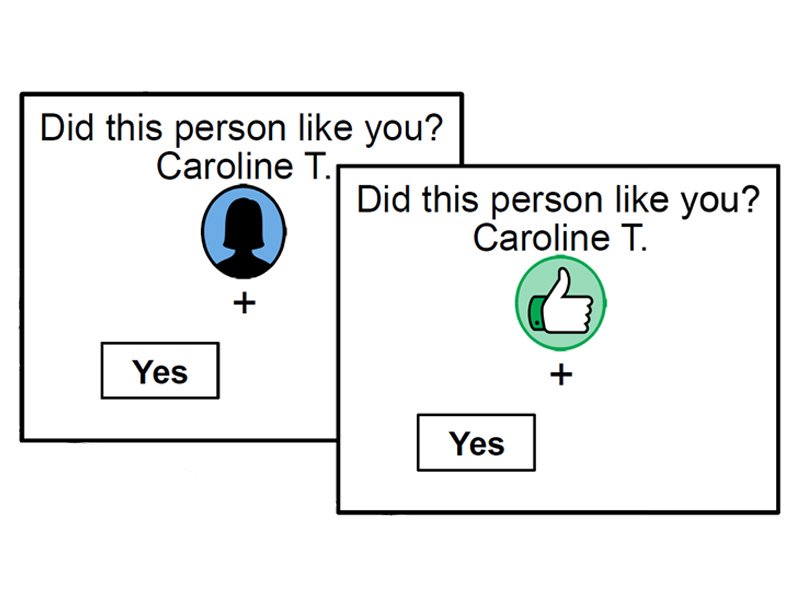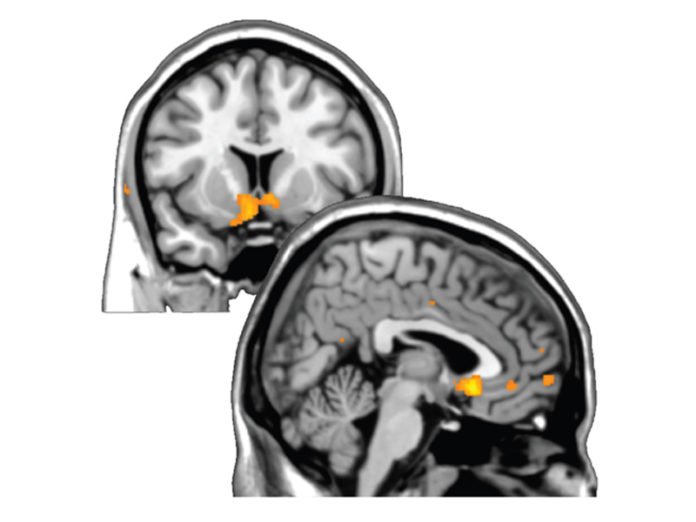Scientists at UCL developed a mathematical equation to explain how our self-esteem is shaped by what other people think of us. Through this equation, they identified motions in the human mind that clarify why confidence goes here and there when we learn other individuals’ judgments of us.
Study’s lead author, Dr. Geert-Jan Will said, “Low self-esteem is a vulnerability factor for many psychiatric problems including eating disorders, anxiety disorders, and depression. In this study, we identified exactly what happens in the brain when self-esteem goes up and down.”
“We hope that these findings inform our understanding of how mental health problems develop, which may ultimately improve diagnostic tools and treatments.”
In the study, scientists involved 40 healthy participants and asked them to perform a social evaluation task while in an MRI scanner. Subsequent to transferring a profile to an online database, they received feedback from 184 different an algorithm in the form of thumbs-up (like) or thumbs-down (dislike).
The algorithms were in various gatherings with the goal that members figured out how to expect positive input from a few gatherings of raters and negative criticism from different gatherings. After each 2-3 trials, members gave an account of their confidence right then and there.
Members anticipated that would be loved by strangers in the gatherings that for the most part gave constructive input, so when they got a thumbs-down from a man in that gathering, their confidence endured a shot. These social forecast blunders – the distinction amongst expected and got criticism was key for deciding confidence.
Dr Will said, “We found that self-esteem changes were guided not only by whether other people like you, but were especially dependent on whether you expected to be liked.”
Scientists developed a model of the neural processes at play when appraisals impact self-esteem, finding that social prediction errors and changes in self-esteem resulting from these errors were tied to activity in parts of the brain important for learning and valuation.

After combining their computational model with clinical questionnaires, they found people who had greater fluctuations in self-esteem during the task also had lower self-esteem more generally and reported more symptoms of depression and anxiety. Participants in this group showed increased prediction error responses in a part of the brain called the insula, which was strongly coupled to activity in the part of the prefrontal cortex that explained changes in self-esteem.
Dr Robb Rutledge said, “By combining our mathematical equation for self-esteem with brain scans in people as they found out whether other people liked them, we identified a possible marker for vulnerability to mental health problems. We hope these tools can be used to improve diagnostics, enabling mental health professionals to make more specific diagnoses and targeted treatments.”
